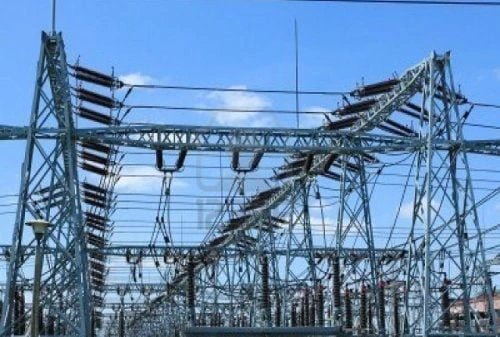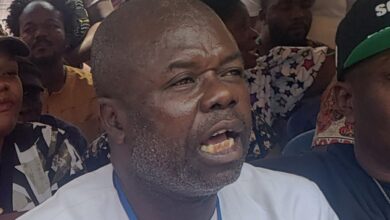Electricity Act: Poor Nigerians, Schools And Hospitals To Get Tariff Relief Under New Fund

(DDM) – The Nigerian Electricity Regulatory Commission (NERC) has unveiled a tariff relief scheme designed to protect poor Nigerians, schools, and hospitals from the rising burden of electricity costs under the Electricity Act 2023.
Diaspora Digital Media (DDM) gathered that the initiative, known as the Power Consumer Assistance Fund (PCAF), is a targeted subsidy programme mandated by law to cushion the impact of high electricity tariffs on vulnerable consumers and critical institutions.
Speaking in Kano while receiving the Chief Medical Director of Aminu Kano Teaching Hospital, Professor Abdurrahman Sheshe, the newly appointed NERC Chairman, Abdullahi Ramat, said the Commission is ready to roll out the scheme.
He stressed that its purpose is to shield disadvantaged groups from the sharp increases in tariffs while ensuring that the electricity market remains sustainable.
The PCAF will be financed through contributions from the Federal Government, appropriated by the National Assembly, alongside small contributions from wealthier customers and industries.
Under the Act, NERC will manage the fund, keep transparent records, and determine how much relief is disbursed to eligible consumers.
Ramat explained that this model strikes a balance between affordability for citizens and sustainability for distribution companies.
He noted that hospitals and schools, as essential public institutions, would be prioritized to ensure stable, affordable power supply.
According to Section 122 of the Electricity Act, the PCAF is legally established “to subsidise underprivileged power consumers as specified by the Minister in consultation with the Commission.”
Furthermore, Section 123 empowers NERC to determine contribution rates from large-scale users and to ensure equitable distribution.
Experts say the rollout of the PCAF marks a significant shift away from blanket subsidies, which have long strained Nigeria’s electricity sector without addressing structural inefficiencies.
Sector analyst Adetayo Adegbemle, convener of PowerUpNigeria, described the initiative as a “transformative solution” to the liquidity challenges facing the Nigerian Electricity Supply Industry (NESI).
He explained that while government subsidies have frozen tariffs below cost, creating massive deficits, PCAF offers a targeted cushion that allows distribution companies to charge cost-reflective tariffs while still protecting the poorest households.
Adegbemle suggested that each low-income customer should receive at least N5,000 worth of electricity monthly through the scheme, equivalent to 25 kWh of power.
Such a subsidy, he argued, would fully cover the bills of households that consume below that level, ensuring access to electricity without additional burden.
For years, Nigeria’s electricity sector has battled losses estimated at nearly 50 percent of generated power due to inefficiencies, theft, and weak infrastructure.
While reforms and privatisation were meant to improve performance, the sector has continued to struggle with liquidity crises, discouraging investors and frustrating consumers.
The NERC boss outlined a digital-first agenda to address these challenges, pledging to roll out apps, monitoring systems, and whistleblowing tools that will tackle theft, streamline payments, and improve grid stability.
He also vowed to partner with the Economic and Financial Crimes Commission (EFCC) to clamp down on electricity theft through name-and-shame campaigns and prosecutions.
Ramat emphasized that honest consumers must not continue to shoulder the costs of theft and inefficiency through inflated tariffs.
He argued that digitisation and strict enforcement would restore confidence, attract investment, and ultimately lower prices for Nigerians.
This initiative aligns with earlier promises by Minister of Power Adebayo Adelabu, who in 2024 pledged a 50 percent subsidy for universities and hospitals, though it was unclear whether that plan was linked to the PCAF framework.
Civil society groups and consumer advocates have cautiously welcomed the announcement, noting that transparency and proper identification of vulnerable consumers will be critical to the fund’s success.
If effectively implemented, the PCAF could mark a turning point in Nigeria’s electricity sector by offering structured, law-backed relief to struggling households while gradually steering the industry toward financial stability.
For millions of low-income Nigerians, as well as critical institutions like schools and hospitals, the scheme represents more than policy, it could mean the difference between access to reliable power and perpetual darkness.
Post Views: 25





